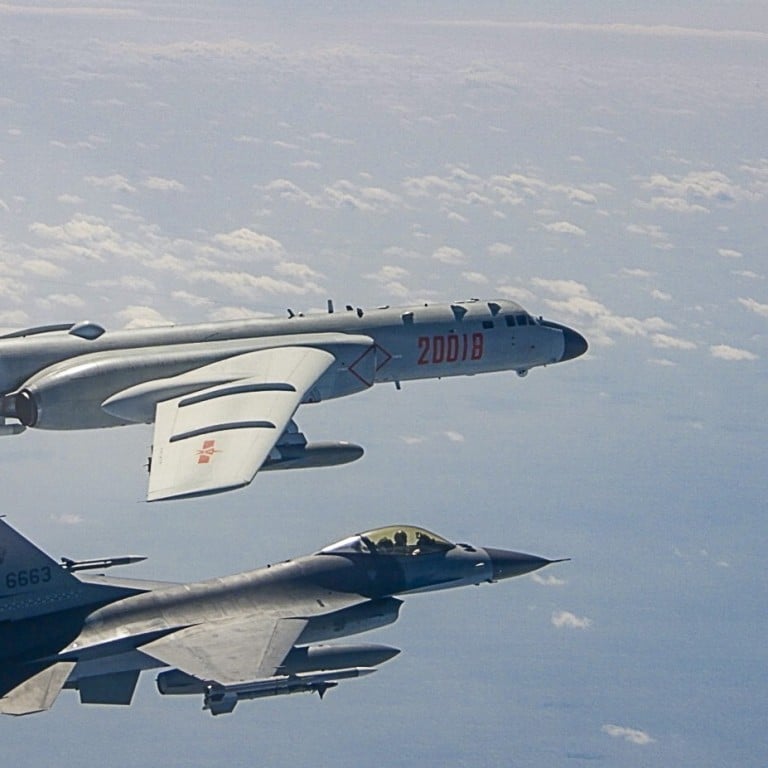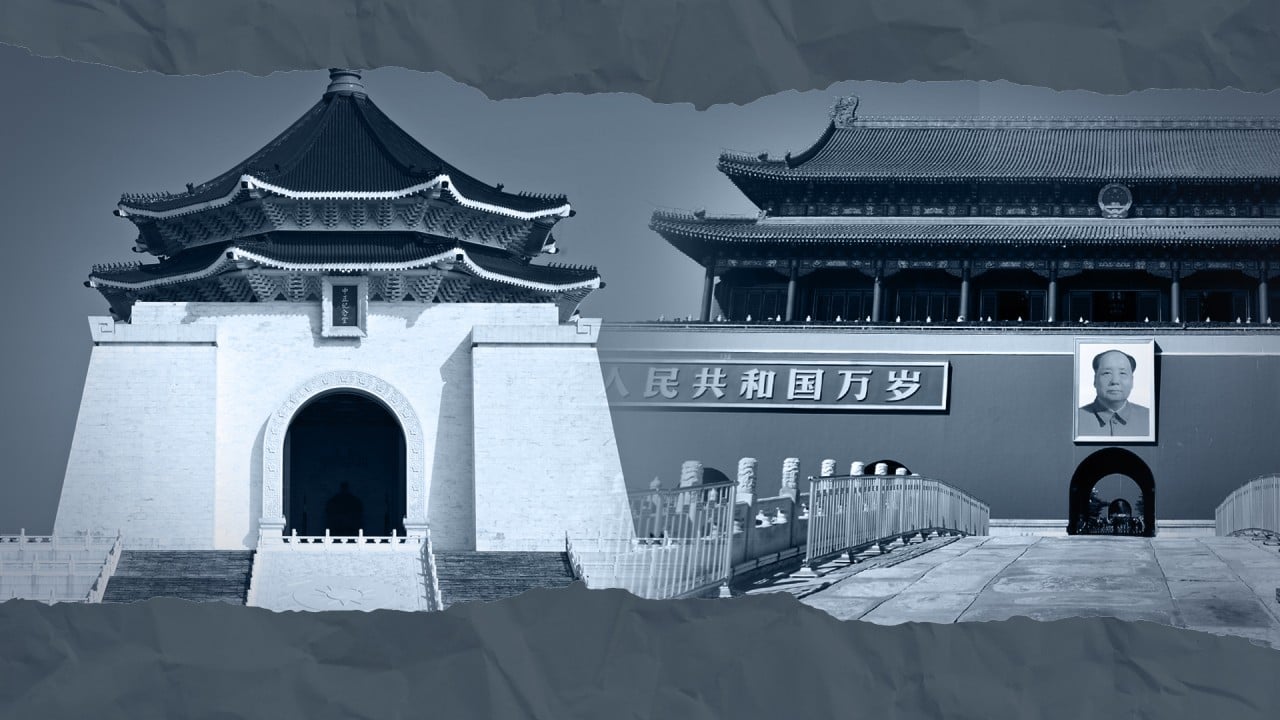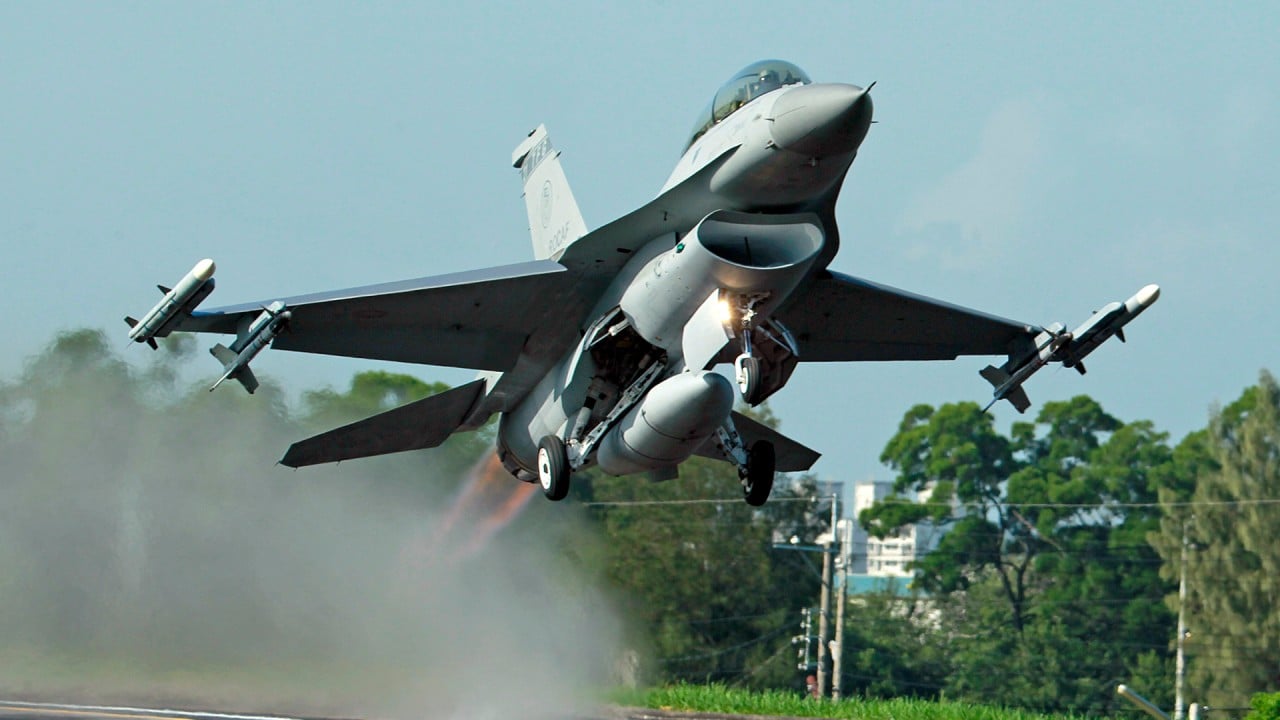
US actions could raise risk of war over Taiwan, warns Chinese leading military researcher
- Zhou Bo from the PLA’s Academy of Military Science says Beijing does not want to use force to reunify island but it was worried about some US actions
- Comments come after two US-based researchers argue there is no reason to believe that either side is preparing an immediate strike
US actions in the Taiwan Strait could increase the risk of war, even though neither side wants a military confrontation, a prominent Chinese military researcher has said.
Zhou Bo, an honorary fellow at the Centre for China-America Defence Relations at the Academy of Military Science of the Chinese People’s Liberation Army, said China was reluctant to use force against Taiwan because it sees the people as their compatriots.
“The development of cross-strait relations is not solely decided by the Chinese mainland. It is, on the contrary, a result of the interaction between Taipei, Washington and Beijing,” he said.
Zhou was reacting to an article written by Bonnie Glaser, senior adviser for Asia and director of the China Power Project at the Centre for Strategic and International Studies, and Jude Blanchette, Freeman Chair in China Studies at the CSIS, which was published by the South China Morning Post on Thursday.

They argued a military confrontation with the US, which was highly likely if China attacked the island, risked undermining Xi’s position and could threaten his plans for “national rejuvenation”.
Zhou said military action targeting Taiwan was seen as a last resort by Beijing, but it was worried about some of Washington’s actions.
Beijing sees Taiwan as a breakaway province that must eventually be reunified with the mainland – by force, if necessary.
An Anti-Secession Law, passed in 2005, says it can use force if the island formally declares its independence.

10:22
Why has the relationship between the Chinese mainland and Taiwan taken a turn for the worse?
“Now the US is increasingly edging closer to Taiwan, and [President] Tsai Ing-wen holds a totally different stance to developing ties with Beijing when compared to her predecessor Ma Ying-jeou,” said Zhou, referring to Ma’s mainland-friendly approach.
Tensions between China and the US have also escalated this year. Beijing has stepped up its military exercises around Taiwan and criticised the US for sending military vessels and aircraft into the Taiwan Strait and for visits to the island by senior Washington officials.
Taiwan: ‘slim chance’ of Biden repeat of Trump’s call with Tsai
In October the two countries held crisis talks in which the US dismissed speculation it was planning a surprise attack on China’s facilities in the region.
Glaser and Blanchette’s article also argued there “is no reason to believe” that Donald Trump was planning military action in the wake of his election defeat and said any such attempt would face substantial resistance from his cabinet and the Joint Chiefs of Staff.
They urged the incoming Biden administration to re-establish robust strategic dialogue with Beijing and strengthen existing communication channels between the two countries’ militaries,

02:28
Washington’s US$1.8 billion arms sale to Taiwan is first weapons deal of its kind in over 40 years
Zhou also said both Beijing and Washington are unwilling to fight a war over the South China Sea, but said there was a risk of accidental clashes.
“It’s not 100 per cent sure that a hot war won’t happen between China and the US. This goal [avoiding war] can only be achieved if both countries are working towards it. However, if the US continues its provocative actions over Chinese islands and shoals and in the meantime harshly criticises Beijing, what attitude can Beijing have?” said Zhou.
Zhou said China’s increased military activity should not be seen as a surprise given the increasingly confrontational relationship that developed during Trump’s presidency.
US-China relations: Biden expected to keep Taiwan card in play
“Relations between the two countries, which included bilateral military ties, were deeply hurt by the Trump administration,” he continued.
Zhou also argued that the confrontational relationship would continue once Joe Biden takes office.
He said Biden would uphold a 2016 ruling by an international tribunal that dismissed China’s claims over waters claimed by the Philippines, adding: “From China’s perspective, why should the US – a country that’s not in Asia and has no sovereign claims – meddle in this matter?
“The South China Sea issue should be solved by China and claimant states in Southeast Asia through direct negotiations.”

